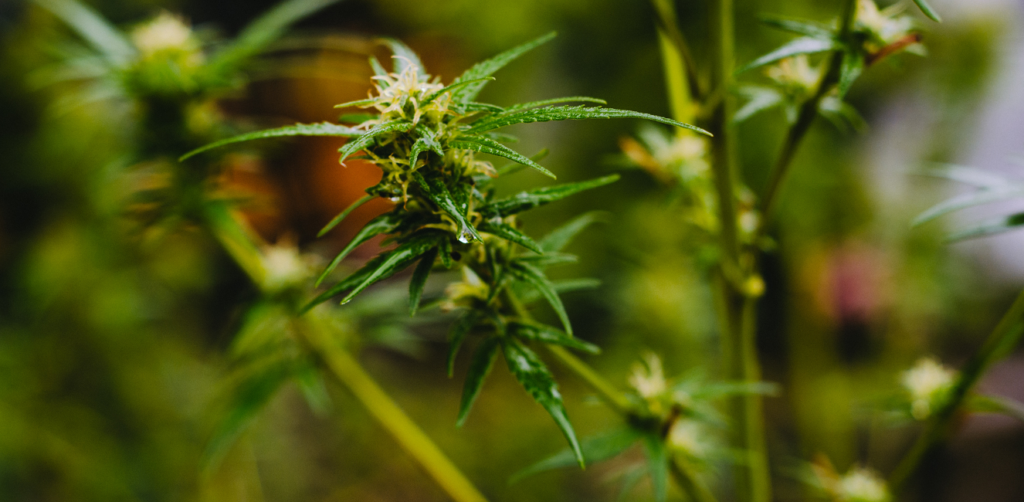
The Bundaberg Region is poised to become Australia’s premier growing area for medicinal cannabis as governments move to relax restrictions and develop the industry.
ASX-listed THC Global last week announced it will begin production in the region after securing a lease over greenhouses and farm land.
The company expects to start supplying the market early next year.
Bundaberg Regional Council’s executive director strategic projects and economic development, Ben Artup, said the industry’s potential is huge.
“Bundaberg offers the perfect climate for growing medicinal cannabis,” he said.
“International opportunities are strong with many leading players directing their interest to Asia, which has an estimated value of US$5.8 billion for medicinal cannabis and an estimated 1.6 million potential patients by 2024.
“This expansion will create more higher-value technical and scientific jobs in our region.”
Mr Artup said agriculture is becoming a more technologically advanced sector – one based on research and technical skills to be productive.
“Medicinal cannabis is a new industry gaining acceptance by authorities and consumers,” he said.
“The early adoption in Bundaberg reflects our spirit of being the place where you come to try something new.
“This new farm is small and compact, with highly technical operations; it’s opposite to the trend of most farms these days becoming larger to remain viable.”
THC Global chief executive Ken Charteris said securing greenhouses would fast-track production “without having to undertake a multi-million dollar capital expenditure program which could take years to become operational”.
“This facility complements our existing cannabis production assets in Australia,” he said.
These assets include a medicinal cannabis research and plant production facility at Bundaberg operated by subsidiary Canndeo.
In August, THC Global opened a manufacturing facility in Southport.
Governments support rising industry
Federal Health Minister Greg Hunt said the Government was committed to helping those living with chronic or terminal illnesses.
“We want a robust Australian medical cannabis industry to ensure a safe, quality supply of medicinal cannabis is accessible to Australian patients, when prescribed by a medical professional,” he said.
Doctors can apply under the Therapeutic Goods Administration’s Special Access Scheme or via an Authorised Prescriber Scheme to legally prescribe medicinal cannabis products.
As of 31 July 2019, more than 11,000 approvals had been given under SAS in Australia and more than 8500 patients had been authorised to access a medicinal cannabis product.
A government report by Professor John McMillan, tabled in Parliament on Friday, recommends simplifying the licensing structure and easing administrative red tape.
The report contains 26 recommendations to improve the regulatory framework for the cultivation, production and manufacture of medicinal cannabis in Australia.
The Government has accepted all the recommendations.
A two-stage reform process is proposed to ensure the recommendations are appropriately implemented, with some reforms taking effect later this year.
Professor McMillan suggests replacing the existing framework of three licences and related permits with a single licence.
“A licence applicant may have to submit three separate applications for a medicinal cannabis licence, cannabis research licence and manufacture licence,” the report says.
“It can be time-consuming to prepare multiple applications and there can be duplication in the information provided in each application.
“A single licence structure would have numerous potential benefits.”
What is medicinal cannabis?
According to the Alcohol and Drug Foundation, medicinal cannabis is prescribed to relieve the symptoms of a medical condition, such as epilepsy.
For some people suffering from chronic or terminal illnesses, conventional medicines do not work, or do not work as effectively as medicinal cannabis. Also, for some patients, conventional medicines may work but cause debilitating side effects that cannabis can help to relieve.
Smoking cannabis for medicinal purposes is not recommended because the smoke contains the same carcinogens as tobacco.







